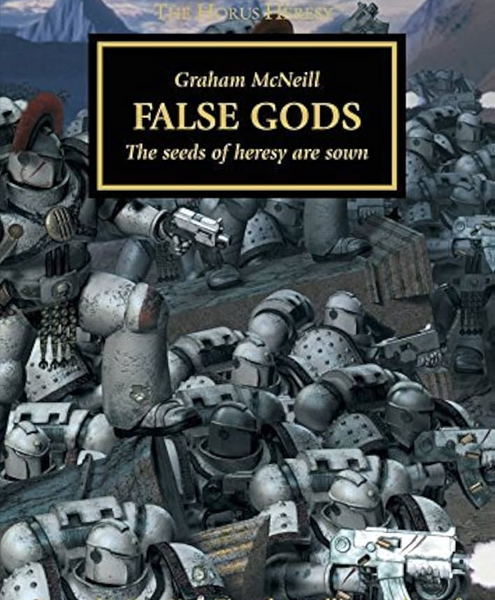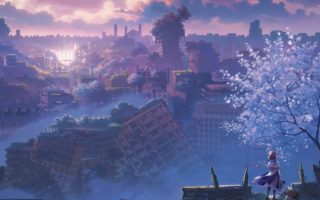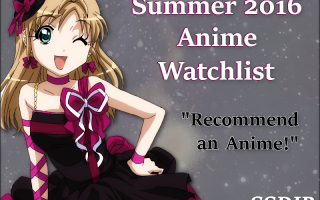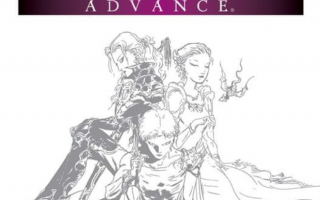Welcome all, to book 2 of my Horus Heresy book club, False Gods by Graham McNeill! Where our previous book setup the 31st Millennium, the Empire, and Horus Lupercal himself, this one takes us through the fall itself, how and why it happens, and the beginnings of what comes next. Overall, False God’s felt like a step down from Horus Rising. Much like what happened with the new Star Wars trilogy, it felt like the arcs and characters didn’t do well the transition between authors. Motivations seemed to change or not make sense, the pacing and narrative was off with a lot of important relationships happening off screen, and dialogue felt stiff. Still, Graham McNeill brings his own talents and preferences to the table as well. So while the book may not be quite as good as the first, it’s still worth a read. Lets talk about why.
Important Characters
• Horus Lupercal, Primarch of the XVIth Legion
• Ezekyle Abaddon
• Erebus, First Captain of the Word Bearers
• Nurgle(th), Chaos God of Stagnation
• Petronella Vivar – Royal Remembrancer
• Magnus, Primarch of the ???th Legion
• Horus Aximand
• Tarik Torgaddon
• Kyril Sindermann
• Ignace Karkasy, Remembrancer
New Author, New Problems
So starting off, new author, what does Graham McNeill do well? For me, the big thing that stood out were the battles. And I don’t just mean the fights, the way he describes the swinging of swords or the barking of bolt guns, but how he leads us into them and establishes their location’s as well. The moon of Davin was such a horrific, putrid, rotting place in my mind, the jungle-like interior of the crashed ship, the dying fleshy monstrosity that was Eugan Temba. It was all so vivid, in a way Dan Abnett’s locations and battles never quite managed. If nothing else, McNeill is a fantastic writer of combat. Sadly however, that’s really all he has going for him, at least when it comes to False Gods and the Horus Heresy. Because everything else? I’m not so happy with.
Like I described in the introduction, False God’s feels like McNeill didn’t actually read Horus Rising. So many characters feel off as to who they were before, Horus is much quicker to anger and much less charismatic and calculating. And so many of the relationships that explain these changes, like Horus and Erebus, happen off screen, so we don’t get to see their growing rapport nor how exactly Erebus wins his way into Horus’s trust. This makes the second half all the weaker, because Horus’s fall is based on something we didn’t get to see. And what we did get to see in Horus Rising, his growing discontent with the Emperor and bureaucrats that run his Empire, feels thrown out the window in favor of a magic corrupting sword that just… Makes Horus evil I guess.
Combine all of that with some lackluster pacing, dull prose and dialogue outside the action scenes, an awkward dream sequence, and a whole host of lore references dropped on our heads like the Council of Nikaea, and the overall narrative falls a bit flat. It feels like McNeill knew where he had to get to, but not how to get there, and so he just wrote what he knew with a big battle scene. Hopefully now that Horus has fallen and the train is on the tracks, this will be less of an issue moving forward. It’s not like he’s going to change his mind, just fall deeper and deeper into the soup. And besides, we still have Garviel to root for and made it through the novel mostly intact, so it’s not like everything is ruined!
Meeting Chaos Proper
Overall narrative aside, there are a few cool things False God’s does that I want to give McNeill credit for. The big one is that this is where we meet Chaos proper with Nurgleth, or as most know him, Nurgle. Even though we never truly meet Nurgle, I felt the depiction of their power and what they represent was done really well. From the atmosphere and setting of Davin’s moon to the description of Temba’s bloated corpse, I feel like new readers would have a solid idea of what Nurgle represents: Disease, decay, stagnation. Combine this with the early hints as to their plans and schemes, how they present themselves as benevolent or generous with their powers, and you have a well done broadly antagonistic force.
Most of the work for this was done through Erebus, who I’m very split on. I liked his approach to Horus, the way he tried to win him over, coming to him in the guise of his favored captain and showing him what the future holds. He’s also an all around decent “arrogant villain”, with his talk of killing the witch helping him and his general attitude. But… So much of his character was done off screen, like I mentioned before, making it really difficult to see him as anything other than a “Muahaha I’m evil” generic bad guy. I also don’t understand how anyone, much less Horus of all people, could see what happened on Davin’s moon and still believe anything Erebus says about the Chaos Gods “benevolence”. Seriously, the moon was rotting from the inside out! How do you believe anything coming from his mouth after that?
Still, that sequence did give us some cool flashbacks into the Primarchs lives, showing us that they are less sons and more creations of the Emperor. Knowing that the Emperor was not only aware of the Chaos Gods, but actively making deals with them only to later hide their existence, does help justify Horus’s turn. Really the whole dream sequence does that, but this one in particular I felt was effective. It’s a shame that we never got to see Horus actually make the decision though, for such a pivotal moment for his character it was a bit of a let down.
Conclusion
So yeah, all in all False Gods felt let a solid step down from Horus Rising. The battles were better, sure. But while battles are important for Warhammer 40k as a universe, the characters are what are driving this story. This is the Horus Heresy. If we don’t know or care about Horus, I feel like the whole thing kind of falls apart. Now luckily a single book isn’t enough to ruin so grand an event, especially not after Horus Rising set us up well and Garviel Loken is still around and kicking. But it would be a lie to say my enthusiasm wasn’t dampened a bit, as evidenced by this post taking me 2 weeks to write after finishing the book. Hopefully we don’t get another one of those, or this whole book club thing might be a bust from the get go.
Anyways, that brings me to what we will be reading next! That’s right, it’s Galaxy in Flames by Ben Counter. I’ve never heard of Ben before, and I’m a little apprehensive about getting a 3rd author on this, but in a series with 64 books I probably should have expected it to branch out early. Hopefully Ben has a better idea of what he’s doing, because where False Gods dealt with Horus’ fall, this one deals with his actual betrayal, and that’s something we need to get right. See you next time, where we will see if this book club thing has legs.
The post Warhammer: 40,000 – The Horus Heresy – False Gods by Graham McNeill appeared first on Star Crossed Anime.




